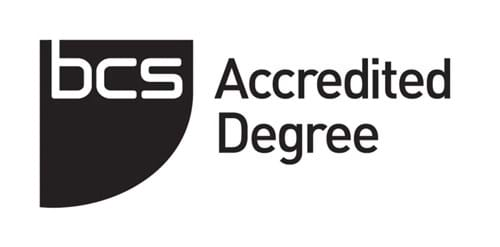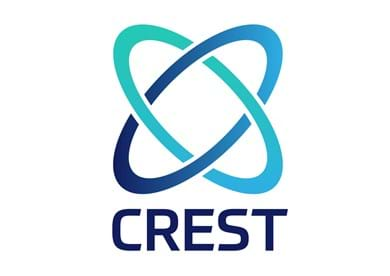Why study Computer Science with Cybersecurity?
Become a highly skilled cybersecurity expert who can find and fix security vulnerabilities. Learn how to secure the software systems that protect businesses, governments, and individuals from cyberattacks. Abertay is the UK's TOP Modern University for Computer Science degrees (Complete University Guide 2025).
You’ll build on the core principles of Computer Science with an added vital specialisation: cybersecurity. Using a security-by-design approach, you'll study how poor design often leads to vulnerabilities, and the role of encryption and usable security in developing robust systems.
You’ll master the art of designing, implementing, and analysing secure software systems, learning both offensive and defensive techniques. Watch the video to find out more.
Develop measures to stop cyberattacks
Your specialist developer expertise will make you hugely employable. You'll be prepared for the rapidly evolving cybersecurity work environment, using your skills in ethical hacking, computing, secure software engineering and human-centred security.
Industry experience while you study
You’ll have the opportunity to apply for paid internships with our industry partners (subject to selection). That, alongside studying real-world project briefs from industry partners, helps you to develop valuable work-related skills and expertise. Find out more.
Cybersecurity experts are highly sought after
With practical experience in ethical hacking, encryption, and network security, you'll graduate equipped to take a leading role in developing more secure systems.
There’s a global shortage of cybersecurity experts, which means our graduates are in high demand - making your skills exactly what the industry needs right now.
This course ranked top in Scotland for Overall Student Satisfaction in the 2024 National Student Survey. And the 2025 Complete University Guide named us the No. One UK modern university for Computer Science degrees.
Gold Award - Academic Centre of Excellence in Cyber Security Education
Abertay University is a Gold Award Academic Centre of Excellence in Cyber Security Education, recognised by the National Cyber Security Centre (NCSC) – part of GCHQ. This demonstrates our commitment to excellence in cyber security teaching.
























